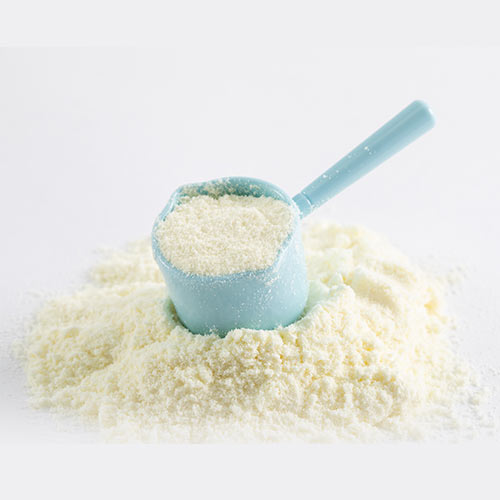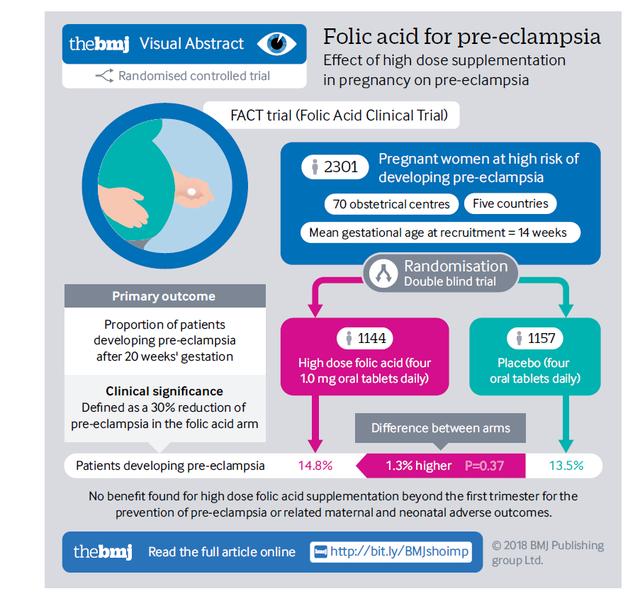During pregnancy, our utmost goal is to set the stage for our baby's best possible start in life. However, there's more to consider than just folic acid and iron. Enter homocysteine (HCY), a stealthy amino acid that significantly influences both maternal health and the baby's future. Let's shed light on the potential hazards of high homocysteine (HHcy) levels during pregnancy.

Homocysteine (Hcy) is a sulfur-containing amino acid that acts as a crucial intermediary in the metabolic pathway between methionine and cysteine. Under typical circumstances, the body maintains a balanced, low level of Hcy through metabolic processes.
Yet, various genetic and lifestyle factors can disrupt Hcy metabolism, leading to elevated Hcy levels, or hyperhomocysteinemia. This condition is a significant health risk, as it is linked to an increased risk of coronary, peripheral, and cerebrovascular diseases.
So, what constitutes high HCY? During prenatal care, medical professionals may monitor HCY levels. The normal range in serum is 5-15 μmol/L. Straying above this range can signal hyperhomocysteinemia, which poses various pregnancy-related risks.

The Dangers of HHcy
- HHcy levels can be a "silent killer" during pregnancy due to its association with several complications:
- Preeclampsia: Elevated HCY can impair endothelial cells, trigger oxidative stress, or manipulate angiotensin, potentially leading to preeclampsia.
- Gestational Hypertension: High HCY may induce a cascade of pathophysiological events, including the degradation of nitric oxide production, proliferation of vascular smooth muscle, and coagulation dysfunction, which can trigger gestational hypertension.
- Gestational Diabetes: HCY might exacerbate insulin resistance and vascular damage by promoting oxidative stress and inflammatory responses, leading to poor insulin response and blood sugar control.
- Spontaneous and Recurrent Miscarriages: HCY may promote blood clotting and disrupt placental blood supply, increasing the risk of spontaneous and recurrent miscarriages.
- Infertility: High HCY levels may be toxic to eggs and embryos, impairing their normal development and reducing the chances of conception and increasing the risk of early miscarriage.

Preventing HHcy
As expectant mothers, we can take preventive measures to keep HCY levels in check:
— Balanced Diet: Incorporate foods rich in folic acid, such as green leafy vegetables and citrus fruits, as well as foods rich in vitamins B6 and B12, like meats, fish, and dairy products.
— Nutrient Supplementation: Under a physician's guidance, supplement your diet with folic acid, vitamin B6, and B12 as needed.
— Healthy Lifestyle: Quit smoking, limit alcohol and caffeine, maintain a healthy weight, and engage in regular, moderate exercise.

Folate and HCY
— "Chinese Nutrition Science Encyclopedia" (2nd Edition) suggests a 3+X complex nutrient plan, which includes natural betaine, folic acid, vitamin B6, and additional supportive nutrients.
— "Hypertension" advocates for a daily regimen of 1000mg natural betaine, 0.8mg folic acid, 2.8mg vitamin B6, and 4.8μg vitamin B12 to lower blood homocysteine levels.
— Precision Supplementation: In clinical settings, personalized supplementation plans can be tailored based on the polymorphisms of genes like MTHFR and MTRR, along with the levels of nutrients such as folic acid, vitamin B12, vitamin B6, choline, and betaine.
— For individuals with hyperhomocysteinemia without genetic mutations, focus on supplementing the severely deficient nutrients based on tests of folic acid, vitamin B12, vitamin B6, and choline levels.
— For those with the MTHFR C677T TT genotype, supplementing with 5-methyltetrahydrofolate (active folate) is more effective in reducing blood homocysteine levels.
Dear Expectant Mothers, pregnancy is a beautiful journey that requires careful attention. By understanding and managing HCY levels, we can establish a strong foundation for our baby's health.
References:
1. Kong Juan. Expert Consensus on the Diagnosis and Treatment of Hyperhomocysteinemia. Journal of Oncology Metabolism and Nutrition, 2020, 7(3): 283-287.
2. Chen Donglin, & Xu Jian. (2020). Research Progress on Homocysteine and Pregnancy-Related Diseases. Preventive Medicine, 32(2), 147-150. DOI:10.19485/j.cnki.issn2096-5087.2020.02.010
3. Sun Man, & Song Weiwei. (2016). Research Progress on the Relationship between Homocysteine and Pregnancy-Related Diseases. Chinese Journal of Practical Obstetrics and Gynecology, 32(8), 814-816. DOI:10.7504/fk2016070125

 Español
Español Português
Português  русский
русский  Français
Français  日本語
日本語  Deutsch
Deutsch  tiếng Việt
tiếng Việt  Italiano
Italiano  Nederlands
Nederlands  ภาษาไทย
ภาษาไทย  Polski
Polski  한국어
한국어  Svenska
Svenska  magyar
magyar  Malay
Malay  বাংলা ভাষার
বাংলা ভাষার  Dansk
Dansk  Suomi
Suomi  हिन्दी
हिन्दी  Pilipino
Pilipino  Türkçe
Türkçe  Gaeilge
Gaeilge  العربية
العربية  Indonesia
Indonesia  Norsk
Norsk  تمل
تمل  český
český  ελληνικά
ελληνικά  український
український  Javanese
Javanese  فارسی
فارسی  தமிழ்
தமிழ்  తెలుగు
తెలుగు  नेपाली
नेपाली  Burmese
Burmese  български
български  ລາວ
ລາວ  Latine
Latine  Қазақша
Қазақша  Euskal
Euskal  Azərbaycan
Azərbaycan  Slovenský jazyk
Slovenský jazyk  Македонски
Македонски  Lietuvos
Lietuvos  Eesti Keel
Eesti Keel  Română
Română  Slovenski
Slovenski  मराठी
मराठी  Srpski језик
Srpski језик 








 Online Service
Online Service